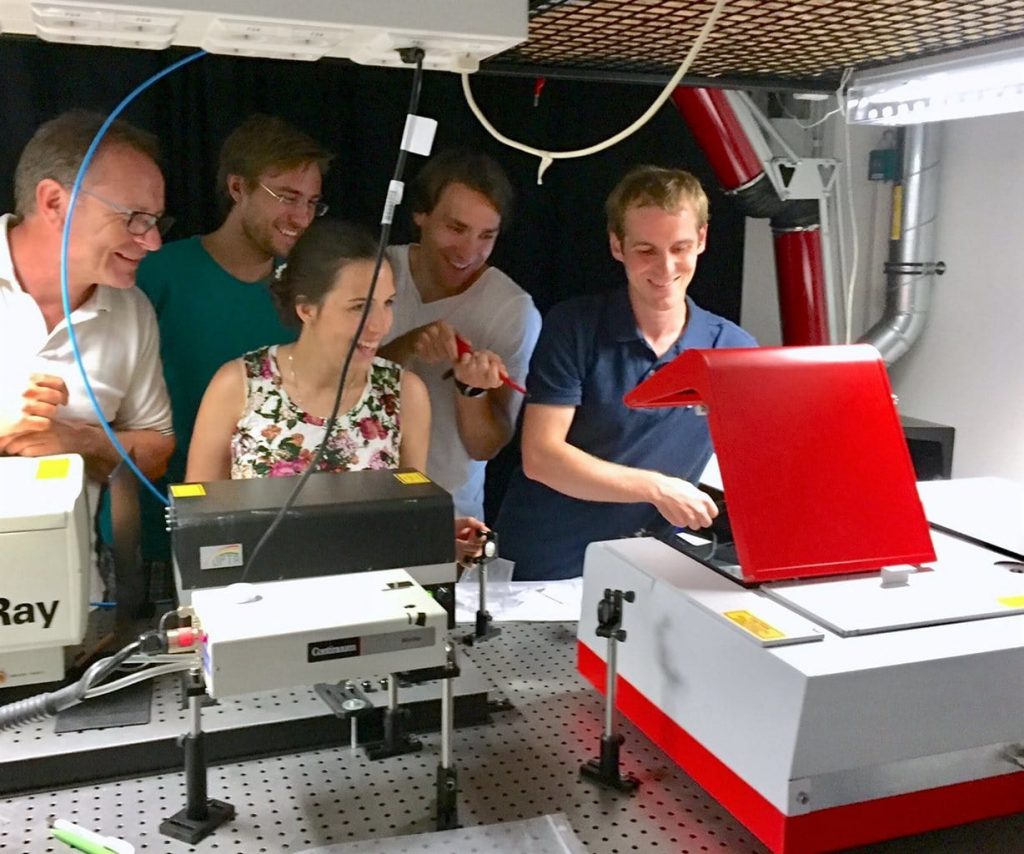
Dual-comb spectroscopy is a powerful new approach in the field of absorption spectroscopy – so much that its discoverers were honored with the 2005 Nobel Prize in Physics. Additionally, the advantages of the technique can be harnessed for a wide range of environmentally relevant spaces:
Clean combustion
Clean combustion is an active field of research concerned with minimizing the emission from the burning of fossil and biofuels: In studying the reaction pathways and chemical kinetics at time resolutions of few microseconds, the burning conditions, geometries and fuels can be optimized for minimum ecological impact.
While electric mobility is increasingly important, large amounts of fossil fuels will still be burned, and biofuels will continue to provide a carbon-neutral alternative for high energy density requirements, such as in aviation.
Fast process control
Fast process control can lead to yield increase in many application cases, which results in reduced resource use in the production process. While speed is significantly lower than in the kinetics studies described above, achieving high signal-to-noise ratio in a matter of seconds is still important in chemical and pharmaceutical synthesis.
This extends to special applications, such as production in ethylene in steam-crackers: the residence times of the feedstock in the steam cracker are very short, resulting in fast control cycles. Yield improvements of several percentage points can be achieved with sufficiently fast analytics.
Heterogeneous catalysis
Heterogeneous catalysis is a key step in the synthesis of many important chemicals (e.g. ammonia, hydrogen and ethylene). Improving those processes can reduce the activation energy of steps in the synthesis and increase yield as well as reduce energy consumption of the synthesis process.
Dual-comb spectroscopy, as a fast method, can study the processes on relevant time scales at the lab scale. This helps to develop more efficient catalysts for a cleaner chemistry.
Our contribution
Due to the lack of integrated turnkey systems, the impact of dual-comb spectroscopy beyond the field of Physics remained limited until recently, despite its strength in terms of measurement speed (down to 1 μs) and brightness of the employed laser source.
That changed with the launch of the IRis-F1, the first commercial dual-comb lab spectrometer worldwide. By enabling the improvement of energy-intense processes in society on a research level, the IRis-F1 frequency comb spectrometer enables substantial resource and energy savings when the results are exploited in industrial applications and scaled up in industry.